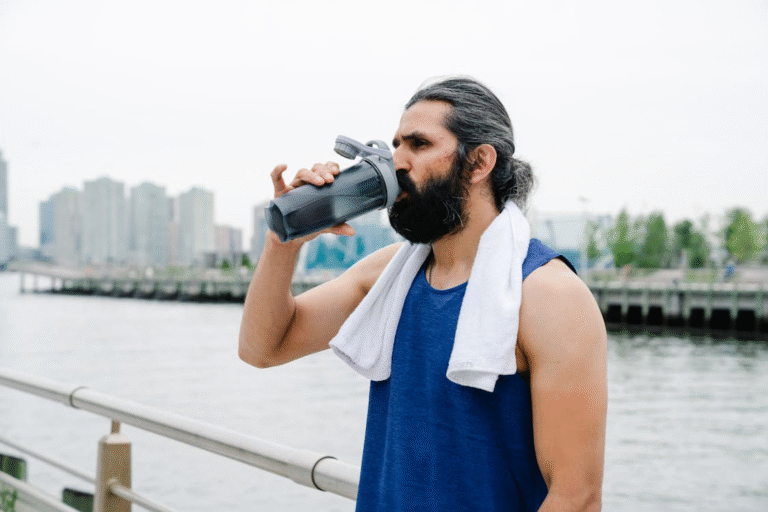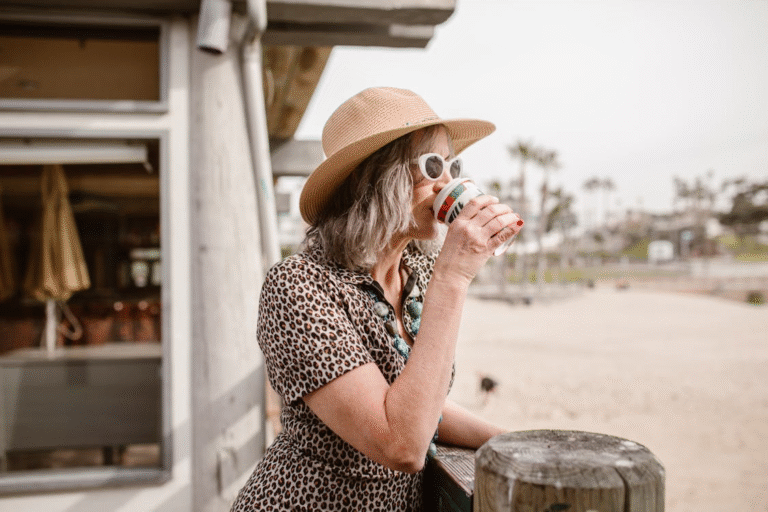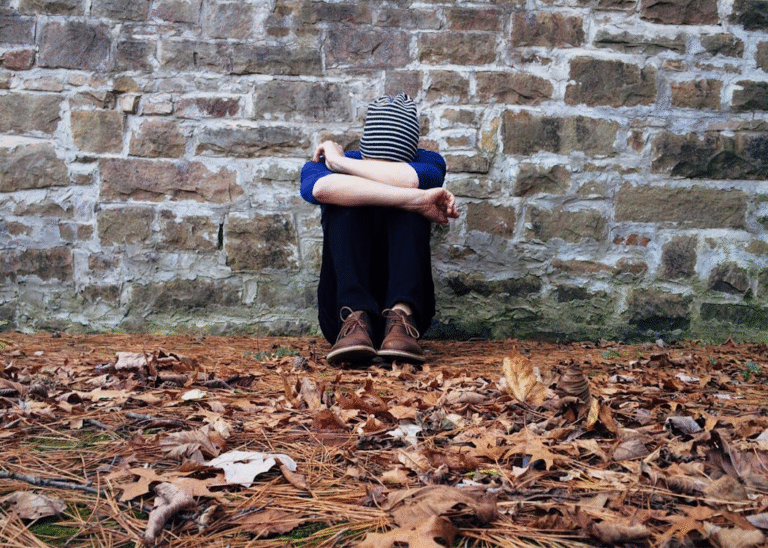PAHO and OAS Launch First Inter-American Mental Health Week: Strengthening Youth Well-Being Across the Americas
The Pan American Health Organization (PAHO) and the Organization of American States (OAS) have teamed up for the first-ever Inter-American Mental Health Week, an ambitious initiative designed to put child and youth mental health at the forefront of public attention in the Americas. Held from October 6 to October 10, 2025, this weeklong event aims to raise awareness, build capacity, and foster regional collaboration on one of the most urgent health issues of our time.
The event carries the theme “Empower, Connect, Care: Strengthening Child and Youth Mental Health in the Americas”, reflecting a clear focus on connection, empowerment, and comprehensive care for young people. It’s more than just a slogan—it’s a roadmap for improving how societies support mental health at every level, from families and schools to national health systems.
A Week of Action and Collaboration
The Inter-American Mental Health Week officially kicked off on Monday, October 6, 2025, at the OAS headquarters in Washington, D.C., with the opening ceremony held at 10:00 a.m. EDT in the Simón Bolívar Hall. The launch event brought together high-level representatives from the OAS, PAHO, and various member states to underscore the region’s shared commitment to mental health.
Throughout the week, the organizers planned a series of activities—both in-person and virtual—that included webinars, regional workshops, exhibitions, and thematic sessions. The diverse agenda reflected the broad, inclusive approach that PAHO and OAS are known for. The schedule also included a symbolic gesture: on October 10, the OAS Main Building was illuminated green to mark the closing of the week and to symbolize hope and awareness for mental health.
Key Events During the Week
October 6 – Opening Ceremony
The week began with the formal inauguration attended by officials, policymakers, and mental health experts from across the Americas. The tone was clear from the start: mental health, especially among children and adolescents, needs to become a national and regional priority.
October 8 – Webinar: Empower, Connect, Care
One of the central activities of the week was the webinar titled “Empower, Connect, Care: Strengthening Child and Youth Mental Health in the Americas.” The event featured insights from an expert from the University of Chile’s Collaborating Center, who provided a regional overview of the current state of mental health services for children and adolescents. Participants discussed how primary care systems can play a greater role in early identification and intervention for mental health issues.
This same day also marked the launch of PAHO’s new online course, titled “Improving the Mental Health of Children and Adolescents in Primary Care.” Hosted on PAHO’s Virtual Campus for Public Health, this course is designed to train healthcare professionals who are not specialized in psychiatry—including primary care doctors, nurses, social workers, and psychologists—to better identify and manage mental health conditions in children and teens.
The course offers 10 self-paced modules covering topics such as anxiety, depression, trauma, substance use, developmental disorders, ADHD, autism, and suicide prevention. The main goal is to equip frontline health workers with practical tools to respond promptly and effectively to early signs of mental distress.
October 9 – Workshop: Building Capacity for 911 Mental Health Emergencies
Another major event of the week took place on Thursday, October 9, with a regional workshop focused on strengthening 911 emergency systems for handling mental health crises. Co-organized by PAHO and OAS, the session covered best practices in psychological first aid, mental health response in emergencies, and self-care for first responders.
Experts from across the Americas shared examples of how countries are integrating mental health into emergency response frameworks. The Dominican Republic’s 911 system was highlighted as a model for how emergency call centers can include psychological support and mental health referrals.
October 9 – Virtual Discussion on Gender Impacts
Later that day, the Inter-American Commission of Women (CIM) hosted a virtual discussion exploring how mental health challenges uniquely affect girls, adolescents, and women. The conversation emphasized the need for gender-sensitive approaches to prevention, diagnosis, and treatment—especially considering how gender-based violence, economic inequality, and social expectations contribute to mental health disparities.
October 10 – Symbolic Closing Ceremony
To wrap up the week, the OAS headquarters in Washington, D.C. was lit up in green, a symbolic gesture that represented hope, solidarity, and collective action. The closing marked not an end, but a beginning—an invitation for all countries in the Americas to take concrete steps to prioritize mental health.
The Broader Context: Why This Matters
The State of Youth Mental Health in the Americas
In the Americas, children and adolescents make up about 30% of the total population, yet their mental health needs often go unmet. Among youth aged 15 to 24, depression and anxiety are now leading causes of years lived with disability, while suicide tragically ranks as the third leading cause of death in this age group.
Many young people in the region face daily challenges that worsen mental health risks—such as violence, bullying, discrimination, poverty, natural disasters, and public health emergencies. Despite the scale of these challenges, access to mental health care remains limited.
A Widening Treatment Gap
According to PAHO data, the median treatment gap for mental health conditions in the Americas is around 73.5%—meaning that nearly three out of four people who need care do not receive it. For specific conditions like depression and substance use disorders, the gap is even higher in Latin America and the Caribbean, reaching up to 85%.
Compounding the issue is the low investment in mental health services. On average, less than 2% of national health budgets in the Americas are allocated to mental health—and much of that funding still goes to psychiatric hospitals rather than community-based programs.
A Regional Call to Action
The Inter-American Mental Health Week builds on the OAS Resolution AG/RES.3036, adopted during the 55th OAS General Assembly in June 2025. This landmark resolution recognized mental health as a fundamental human right and urged member states to make mental health a national and regional policy priority.
The resolution also called for the creation of a regional action plan and a dedicated mental health fund to help countries develop sustainable, integrated systems of care. It highlighted the need to invest in prevention, train more professionals, and include mental health in education and social policies.
Together with PAHO’s Strategy for Improving Mental Health and Suicide Prevention in the Region of the Americas, these efforts aim to make mental health a permanent fixture in public health planning, not a secondary concern.
The Importance of Early Detection and Community-Based Care
A major part of PAHO’s approach focuses on early detection and community engagement. By training non-specialist healthcare providers, the organization hopes to identify mental health conditions early—before they escalate into crises. This is especially important in countries where specialized psychiatrists and psychologists are in short supply.
Community-based care models, which emphasize integration into schools, workplaces, and local health centers, have been shown to reduce stigma and improve outcomes. They also make mental health services more accessible and sustainable, particularly in rural or underserved areas.
Beyond the Week: Building a Culture of Mental Health
The Inter-American Mental Health Week is not just a single event—it’s the start of a larger movement. PAHO and OAS envision a Hemisphere-wide commitment where governments, schools, and communities work together to ensure that every child and adolescent has access to mental health care, emotional support, and social inclusion.
By hosting webinars, training programs, and awareness campaigns, the initiative encourages countries to share knowledge, exchange best practices, and coordinate emergency responses. It’s about breaking the silence surrounding mental health and building resilience from the ground up.
Understanding the Bigger Picture: Mental Health as a Public Health Priority
Globally, mental health disorders are now among the leading causes of disability and premature death. According to the World Health Organization, one in every seven adolescents experiences a mental disorder, and nearly half of all mental health conditions begin before the age of 14.
Yet across the Americas, only a fraction of those affected receive help. Stigma, lack of awareness, and underfunded systems continue to be major barriers. This makes initiatives like the Inter-American Mental Health Week critical, not just for awareness but for mobilizing political will and public support.
The hope is that by combining education, policy reform, and community engagement, the Americas can take meaningful strides toward closing the mental health gap—ensuring that mental well-being becomes a universal right, not a privilege.
Research Reference:
Pan American Health Organization (PAHO) – Inter-American Mental Health Week, 2025






